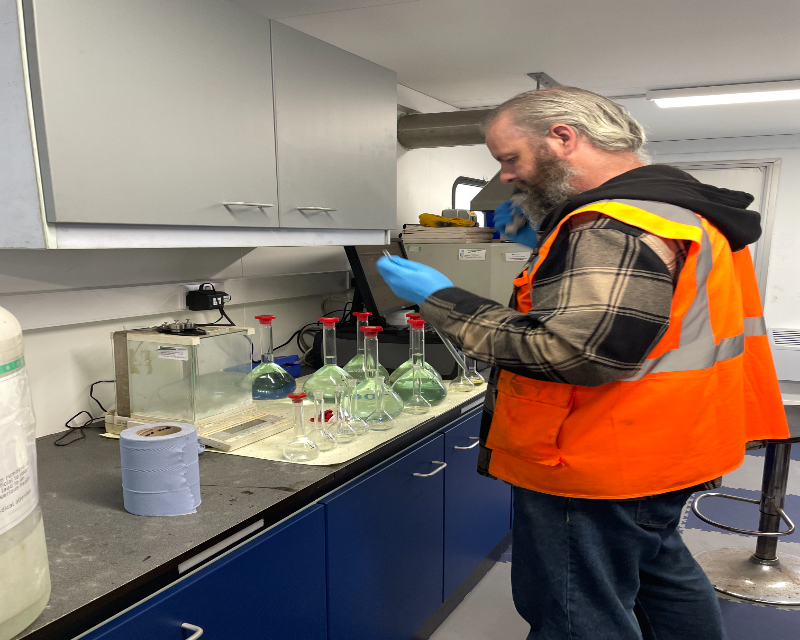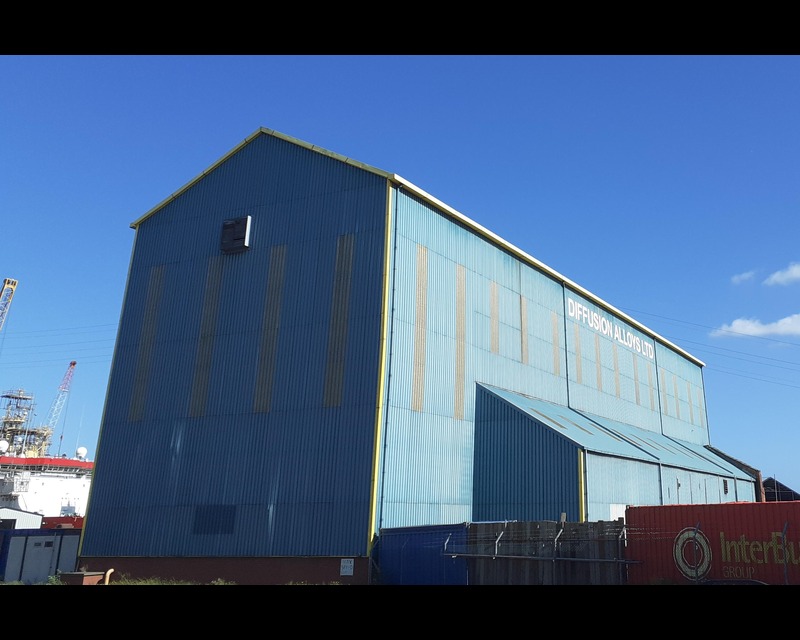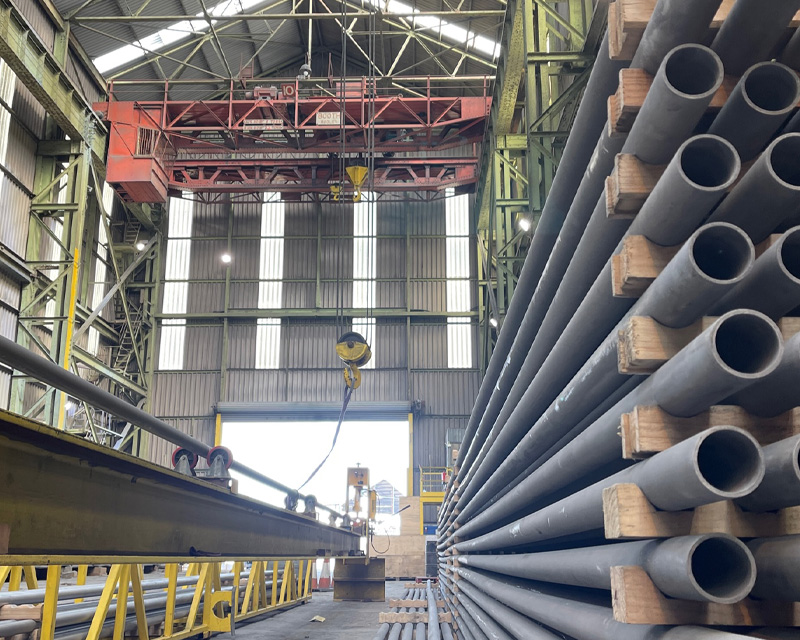
Diffusion Coating Enhancing Product Performance
What are the advantages of diffusion coating?
This phrase prompts an exploration into the myriad benefits offered by this pivotal process in materials science. Diffusion coating, renowned for its ability to enhance material properties, presents a spectrum of advantages across diverse industries, from aerospace engineering to consumer electronics and beyond. Let’s delve into the question and uncover the compelling advantages that diffusion coating brings to the table.
One of the primary advantages of diffusion coating lies in its capacity to elevate surface hardness. By infusing elements like carbon, nitrogen, or boron into a material’s surface, diffusion coating engenders a hardened layer, fortifying resistance against wear and tear. This augmented hardness not only extends component lifespan but also ensures optimal performance in demanding environments, a crucial aspect for industries like automotive manufacturing and aerospace engineering.
Furthermore, the versatility of diffusion coating enables tailored material properties to meet specific application needs. Whether it entails enhancing heat resistance for turbine blades or augmenting conductivity for electronic components, the ability to selectively modify surface characteristics offers unparalleled flexibility in design and functionality. This adaptability empowers industries to optimise performance while minimising material waste and production costs, thereby fostering efficiency and innovation.
Another significant advantage of diffusion coating is its prowess in bolstering corrosion resistance. By establishing a protective barrier on the material’s surface, diffusion coating shields against corrosive agents, thereby prolonging the lifespan of critical components exposed to harsh environments. This proves invaluable in sectors such as marine engineering, where equipment contends with corrosive seawater, or in chemical processing plants, where exposure to corrosive chemicals is prevalent.
Moreover, diffusion coating can enhance adhesion properties, facilitating stronger bonding between dissimilar materials. This is particularly advantageous in applications necessitating joining or bonding, such as the production of composite materials or the fabrication of multi-material assemblies. By promoting superior adhesion, diffusion coating ensures structural integrity and reliability, mitigating the risk of component failure and enhancing overall performance.
Additionally, diffusion coating contributes to improvements in surface finish and aesthetics. By refining surface roughness and eliminating defects, this process yields a smoother, more uniform appearance, enhancing the visual appeal of finished products. Whether it pertains to consumer electronics, architectural finishes, or decorative coatings, the aesthetic benefits of diffusion coating augment product attractiveness and marketability.
In summary, the advantages of diffusion coating are multifaceted and encompass a broad range of benefits, including enhanced surface hardness, tailored material properties, improved corrosion resistance, strengthened adhesion, and superior surface finish. These advantages render diffusion coating indispensable across various industries, where performance, reliability, and efficiency are paramount. As technological advancements continue to unfold, the significance of diffusion coating in shaping the materials of tomorrow remains unequivocal.



